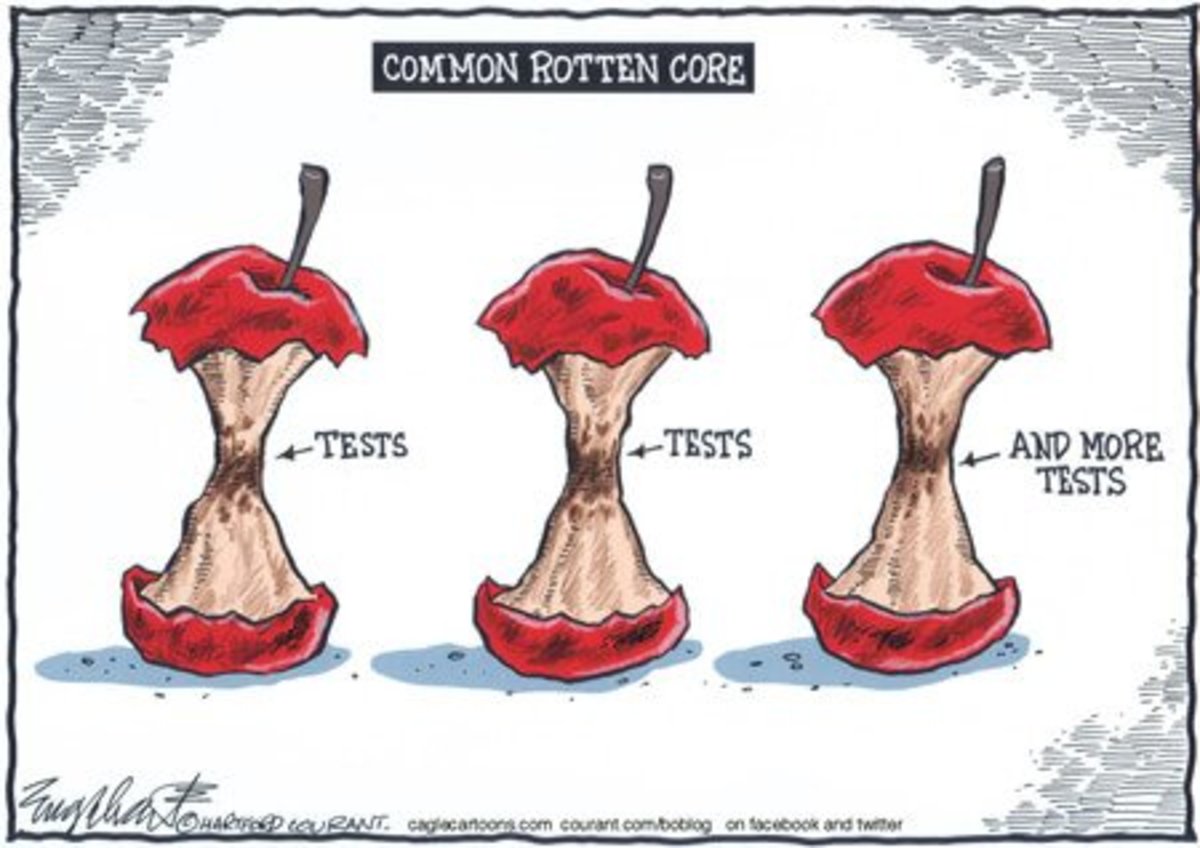Bill 1497: Looks like Mayor Murray wants to run the school district now
…and Representative Eric Pettigrew is more than happy to help. (More on him later.)
This should come as no surprise to those who know of Mayor Murray’s past in the State Senate when he sponsored a bill for mayoral control of school boards in our state.
With his push to control the preK initiative and convert the Office for Education into the Department of Education, he has steadily increased his control over issues of education in our city particularly with the use of levy funding for unending assessments of our neediest as well as funding charter schools.
Now he wants to control the district by appointing school board members to the Seattle school board.
This is called mayoral control or mayoral control lite in this case although it’s not so light. It takes a simple majority for the school board to pass proposals so having two swing votes can control quite a bit in our school district.
I also want to add that’s it’s undemocratic, allows a politician, and therefore their donors, to pull the strings, and has been an abject failure in other cities, See the NPEC review Claims on Mayoral Governance Don’t Stand Up to Scrutiny
Speaking of abject failures, the Seattle Office of Education came out with their annual report last week to the Levy Oversight Committee that showed the students they are responsible for are not doing as well as students in Seattle Public School programs. (Start on page 22.) There seems to be more concern about the “data” and fancy graphs than actually supporting our children. That’s basically what Levy Committee member Greg Wong said in the meeting. I will have a detailed report on the levy and how funds are being handled next week.
Getting back to mayoral control of school boards, should the Governor be allowed to select state legislators? Should the mayor also be able to select city council members? If not, then why is it OK for the mayor to select school board members?
Let’s take a look at House Bill 1497 as sponsored by Eric Pettigrew. There are no additional sponsors at this time.
The critical excerpt:
…any first class school district having within its boundaries a city with a population of four hundred thousand people or more ((which)) shall have a board of directors of seven members, five of whom are elected and two of whom are appointed by the mayor of that city. A vacancy by an appointed member under this subsection shall be appointed by the mayor for the unexpired term.
Seattle is the only city in the state that has a population of 400,000+. Coincidence? I think not. But, for other cities in Washington State who think they’ll get a pass, think Bill 1497: Looks like Mayor Murray wants to run the school district now | Seattle Education:
Sacramento has the same problem with it's Corporate Mayor.
He Lost!
















